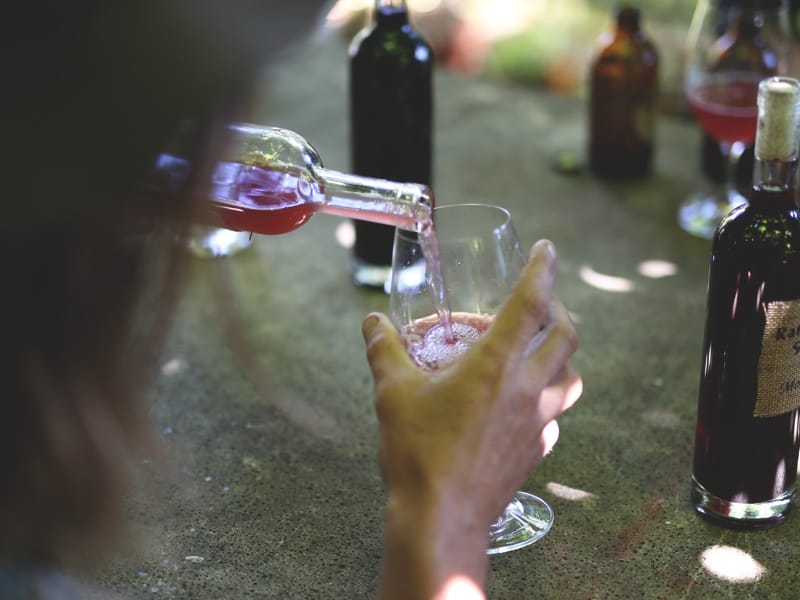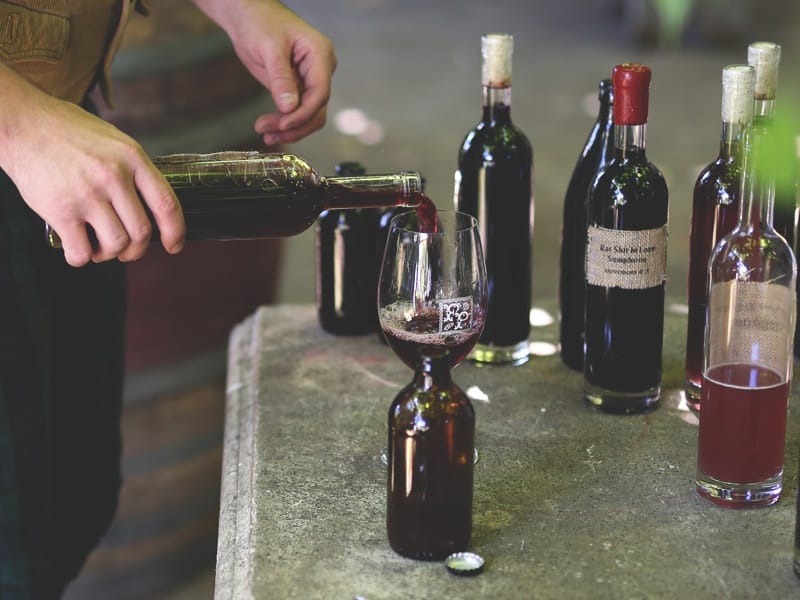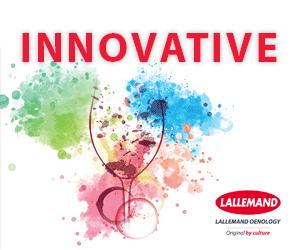
Does organic wine taste better? Nick Bulleid goes in blind.
The email from the Journal of Wine Economics had me racing to a paper before I took in the second sentence of the title, ‘Does Organic Wine Taste Better? An Analysis of Experts’ Ratings’.
I was initially disappointed to find that there were no reports of masked tasting with randomised organic and conventional wines. Instead, the authors performed an analysis of wine scores of conventional versus ‘eco-certified’ wines – labelled either certified organic or Demeter/biodynamic – in three publications: The Wine Advocate, Wine Enthusiast and Wine Spectator. The authors are well aware of the limitations of their methods, for which you’ll need to read their paper, but did find significantly higher scores for the eco-certified wines over the others. The paper is well worth reading.
For many people, organic produce is the wilting vegetables in the supermarket, but fortunately things have changed and now non-wilting veggies, and organic high-quality wines, are in greater demand.
Max Allen has been a great supporter of organic and biodynamic wines, writing for the 2008 Sydney International Wine Competition: “But I believe, in well-made bio-dynamic wines, I can taste a difference. I can taste a liveliness on my tongue that really is quite different from conventionally grown wines.” In many cases, I agree. What’s more, I can hardly argue, as all our senses interact with each other, as do expectation and belief.
Max likens tasting BD wines to listening to a live music performance rather than a CD. Again, I can’t argue, but I’ve also heard some lousy live performances. I’ll add the extremes equally apply to natural wines, on which more shortly.
But I believe, in well-made bio-dynamic wines, I can taste a difference. I can taste a liveliness on my tongue that really is quite different from conventionally grown wines.
We struggle to find definitions of the categories we have chosen or have had thrust on us. Organic wine in the United States must be made without added sulfites; not so in Europe and Australia. And we all struggle with so-called ‘natural wine’. The term implies that wines not regarded as part of the movement are unnatural, whereas many makers of pinot noir and barrel-fermented chardonnay fall into the category, even if the makers don’t claim it. The two associations representing natural wines in Europe can’t agree on a definition themselves.
I use mostly organic principles in my vineyard, but recently used an anti-rot spray (iprodione, a synthetic organic chemical) not accepted as organic. Some of the synthetic fungicides have been identified, and often first discovered, in fungi, where they evolved as antimicrobial and competitive antifungal agents. Organic or organic?

Organic winemakers often express conservationist principles, yet ardent conservationists are usually regarded as radical by the conservatives. The Australian Conservatives movement, founded recently by Senator Cory Bernadi, shows no signs on its website that it’s interested in conservation, more in gaining donations. Ditto for the Australian Conservative Party, founded by Joh Bjelke-Petersen, who failed to conserve Brisbane’s Bellevue Hotel. Ironically, that party lasted from only 1989 to 1991.
Organic winemakers often express conservationist principles, yet ardent conservationists are usually regarded as radical by the conservatives.
I’m a scientist by training, with 15 years in research, and like to think I apply objectivity and sceptical thinking to all I hear. I like to see evidence to support a statement of fact or conviction. Particularly alternative facts. That’s why I’d take more notice of a report on organic versus conventional wines if it were done blind rather than open, while not denying that anticipation and belief are part of pleasure. Delmas et al agree.
Here are a few wines, mostly tasted blind and in a GT WINE magazine panel tasting.
The winemaking in Nick Peterkin’s 2015 L.A.S. Vino (Luck. Art. Science.) Chardonnay is what 15 years ago would be considered on the edge but is now mainstream for many winemakers – minimal intervention, with a small amount of SO2 at bottling. It has an intense, estery nose and a finely structured palate, with lees and MLF complexity combining with rich, yellow peachy flavour. A light, talc-like grip and very long finish complete a delicious wine.
The next two would be close to conventional when tasted blind, too, but the Saep Wines’ hands-off philosophy starts in the vineyard where there are no herbicide or synthetic herbicides. The website talks of “interconnectedness … mostly organic sometimes b dynamic”. It makes two syrah wines – Eddy, with no added SO2, and Sapere, with minimal addition. The 2013 Sapere has a very deep colour, full body, rich, ripe blackberry fruit and plenty of firm tannin. Give me a beef casserole!

Jo Perry’s Dormilona wines are grown and made in a similar, ‘laid-back’ way, hence the name, meaning ‘lazy bones’ in Spanish. She uses “…no additives, fining, filtration and very little intervention. Only a tiny, tiny amount of sulphur at bottling”. The 2015 Clayface Cab – fermented in clay pots and 140 days on skins – is a complete contrast to sapere; the region and site more than the variety, I think. There’s a perfumed, raspberry nose, medium body and a supple, finely structured palate, with fine tannins.
Ravensworth Seven Months Field Blend could never be seen as conventional. Bryan Martin lists this under ‘weird stuff’ on his website. He gave it seven months on skins in a ceramic pot. Those of you that prefer pale ale to VB will recognise the orange rind, autumn-leaf complexity in this skin-fermented wine. The varieties in the 2016 pinot gris, riesling, traminer and sauvignon blanc seem irrelevant, and the 4.2 pH would have past Roseworthy lecturers gasping in horror. It’s orange, a bit cloudy and has obvious lees complexity and hints of butterscotch. The phenolic grip would see this working well with flavoursome food like roast ham or pork, with some fruit thrown in. It’s quite freaky, but works.
With any wine, beauty (and ugliness, too) are in the eye of the beholder. At another WINE mag tasting – of gamay and beaujolais – two wines from Anne Sophie Dubois showed strong brett. The wines have been highly praised by Alice Feiring, an ardent critic of seemingly all conventional wines, who nevertheless on her website expresses concern over mousy taint in natural wines.
So, do organic wines taste better? Some do, some are indistinguishable and some taste wildly different, but to what extent across the category I couldn’t say without a more objective look. Delmas et al acknowledge this in their summary, writing: “Further research could conduct blind wine tasting to better isolate the effect of organic certification.”
Delmas, MA, Gergaud, O, and Lim, J ‘Does Organic Wine Taste Better? An Analysis of Experts’ Ratings’, Journal of Wine Economics 2016 11: (3) 329–354.













Recent Comments